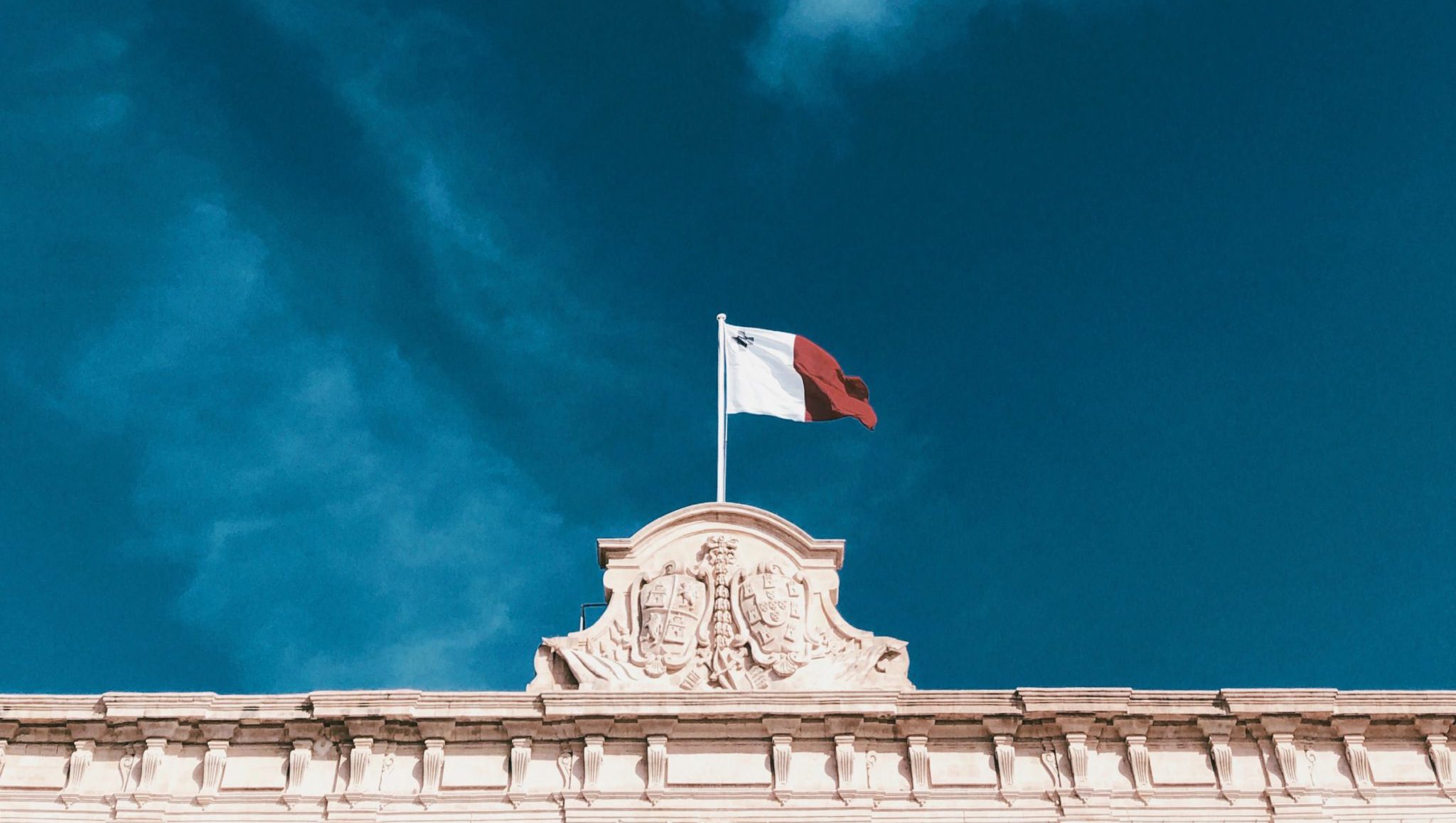By the end of 2023, Malta’s growing public debt had resulted in daily interest payments close to €600,000, but contrary to certain claims, the majority of this amount remains inside the country and contributes to the incomes of firms and individuals alike.
Malta’s government debt is on the verge of blowing past the €10 billion mark, fueled by the large budget deficits seen over the last years.
Public debt ballooned in just four years, growing from €5.7 billion at the end of 2019 to €9.8 billion at the end of 2023. The increase came as Malta struggled with successive crises, first as the COVID-19 pandemic brought tourism and other industries to a standstill and then as rampant inflation ripped through the economy.
Malta responded to the pandemic by driving up public spending to support the economy – largely via the wage supplement scheme – to the energy price shock by extending generous energy subsidies that have kept local prices frozen since 2022.
The cost of this debt depends on the composition of debt instruments – and the interest rates on them. For example, the cost of debt on the entire level of outstanding debt stood at 2.3 per cent in 2023, an increase over the 1.9 per cent in 2022.
Overall, the interest component of the public debt servicing costs totalled €214.3 million in 2023, equivalent to €587,000 every single day – a fact picked up by the Opposition National Party, whose Spokesperson for Finance Graham Bencini said back in April that “the debt is a burden for future generations.”
While the state is certainly on the hook to pay significant amounts in interest rates, that €587,000 is not “being paid to foreign banks,” as one theory currently making the rounds alleges.
Data released by the National Statistics Office shows that, as at the end of 2023, over half of Malta’s public debt – 54.6 per cent was held by local financial corporations.
Local stockbroker Edward Rizzo noted, in a blog post last year, that this is largely made up of local commercial banks and insurance companies.
Local households, or retail investors, held 21.6 per cent, while local non-financial corporations held another two percent.
Maltese investors and Malta-registered firms thus held 78.2 per cent of all of Malta’s outstanding public debt – just under four-fifths of the total.
The remaining 21.8 per cent was held by the rest of the world; effectively, by international financial institutions.
Malta Government Stock –the preferred instrument for Malta’s Government to raise funds – carries interest rates ranging from 0.3 per cent to seven per cent. The proportion of interest paid to local and foreign creditors depends on the debt instruments held by each stakeholder.
Assuming, for a moment, that local and non-local creditors have proportional holdings of all of Malta’s various debt instruments, then the share of interest on the public debt leaving the country is just over one-fifth.
That would mean that Malta is paying €128,000 in daily interest to foreign financial institutions.
Not chump change, but a far cray from the claim that all the interest ends up in foreign banks.
In fact, in its recent report announcing that it plans to take action against Malta’s repeated Government Budget overruns, the European Commission delved into the question of Malta’s debt sustainability – and concluded that the large share of domestically-held debt actually limits the threat to Malta’s stability.
Ultimately, the vast majority of the interest on Malta’s public debt goes to local banks, insurance firms, and retail investors – not to foreign banks.
Two years since its birth, Moneybase features on Microsoft’s Customer Stories
Moneybase has now just been featured on Microsoft’s latest Customer Stories
Finance Minister confirms continuity of food and energy subsidies
Spending on food and energy subsidies as a percentage of the GDP will be at 0.7% in 2025
MHRA congratulates Glenn Micallef on EU role, highlights positive impact on Malta’s tourism and cultural sectors
The lobby group emphasised that Malta’s cultural assets and sports scene are key factors in attracting visitors and fostering economic ...






